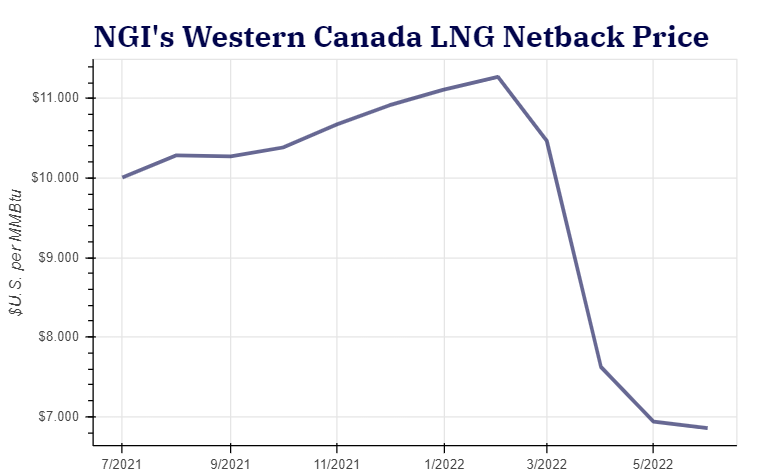LNG | Infrastructure | International | LNG Insight | NGI All News Access | NGI The Weekly Gas Market Report
BC’s Cedar LNG Export Project Gains Pembina as Joint Partner
© 2024 Natural Gas Intelligence. All rights reserved.
ISSN © 1532-1231 | ISSN © 2577-9877 | ISSN © 1532-1266 |



